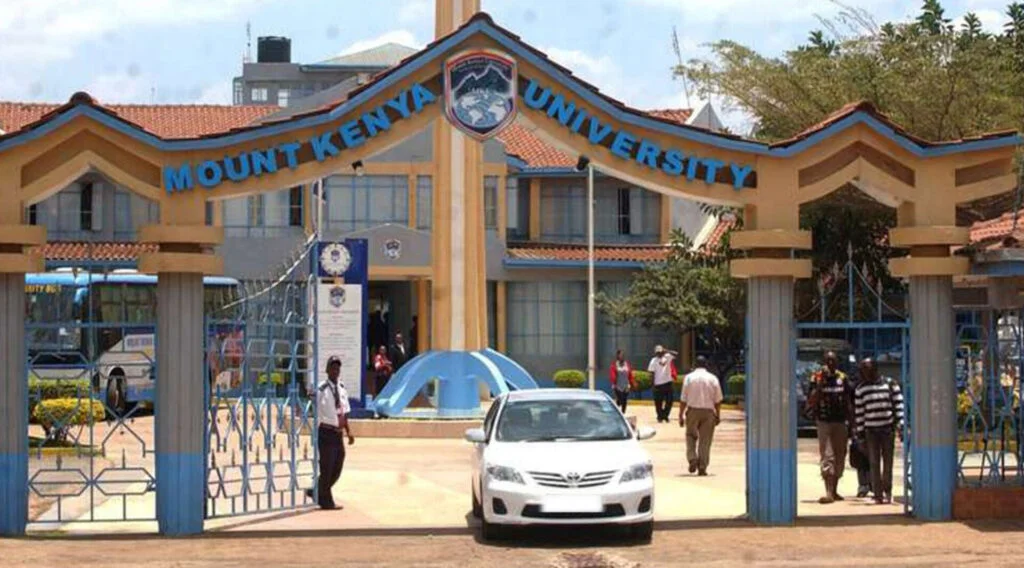By Our Reporter
Mount Kenya University (MKU) has taken a bold step into the future of higher education by integrating artificial intelligence (AI) into both its academic programmes and campus management systems. The initiative, approved by the university’s governing council, marks a major stride in MKU’s digital transformation journey and is set to redefine how students learn, lecturers teach, and administrators run the institution.
At the heart of the transformation is the rollout of the University Resource Platform (UNiRP), a unified system designed to replace the traditional Student Management Information System (SMIS) and Enterprise Resource Planning (ERP). By streamlining operations under a single AI-enhanced platform, MKU aims to boost efficiency, improve student services, and create a seamless academic experience.
Beyond administration, the university is making significant investments in learning infrastructure. Plans are underway to redesign computer laboratories and equip them with advanced computing facilities capable of supporting AI-driven simulations, cutting-edge research, and innovative student projects. The shift, officials say, is meant to prepare graduates for the evolving digital economy, where AI is becoming central to virtually every profession.
The academic calendar has also been reshaped to reflect this new direction. Thirteen programmes have already been launched with AI components, including a Master of Data Science and Artificial Intelligence and a Bachelor of Science in Data Science and Artificial Intelligence—both offered through the School of Computing and Informatics. AI has further been integrated as a specialisation within the Bachelor of Science in Computer Science since 2023, ensuring undergraduates also benefit from early exposure to emerging technologies.
University data underscores the timeliness of these programmes. The demand for AI expertise is rising rapidly in key industries such as healthcare, finance, agriculture, logistics, manufacturing, and cybersecurity. By aligning its training with these market needs, MKU hopes to position its graduates at the forefront of Africa’s knowledge economy.
AI integration is not limited to degree programmes alone. Equip Africa Institute, the university’s technical and vocational training arm, is also working to incorporate AI into its curriculum and administrative systems, extending the reach of this digital shift to students in applied and vocational fields.
MKU’s research centres are equally embracing the trend. Just last month, the university’s Centre for Malaria Elimination hosted the 3rd MaModAfrica Annual Symposium in Mombasa, where researchers explored the use of mathematical modelling in the fight against malaria and other infectious diseases. AI, with its capacity to process vast data sets and simulate scenarios, is expected to play a vital role in advancing such public health research.
By embedding AI across academics, administration, and research, Mount Kenya University is not only modernizing its internal systems but also shaping a new generation of graduates ready to lead in an AI-driven world.






